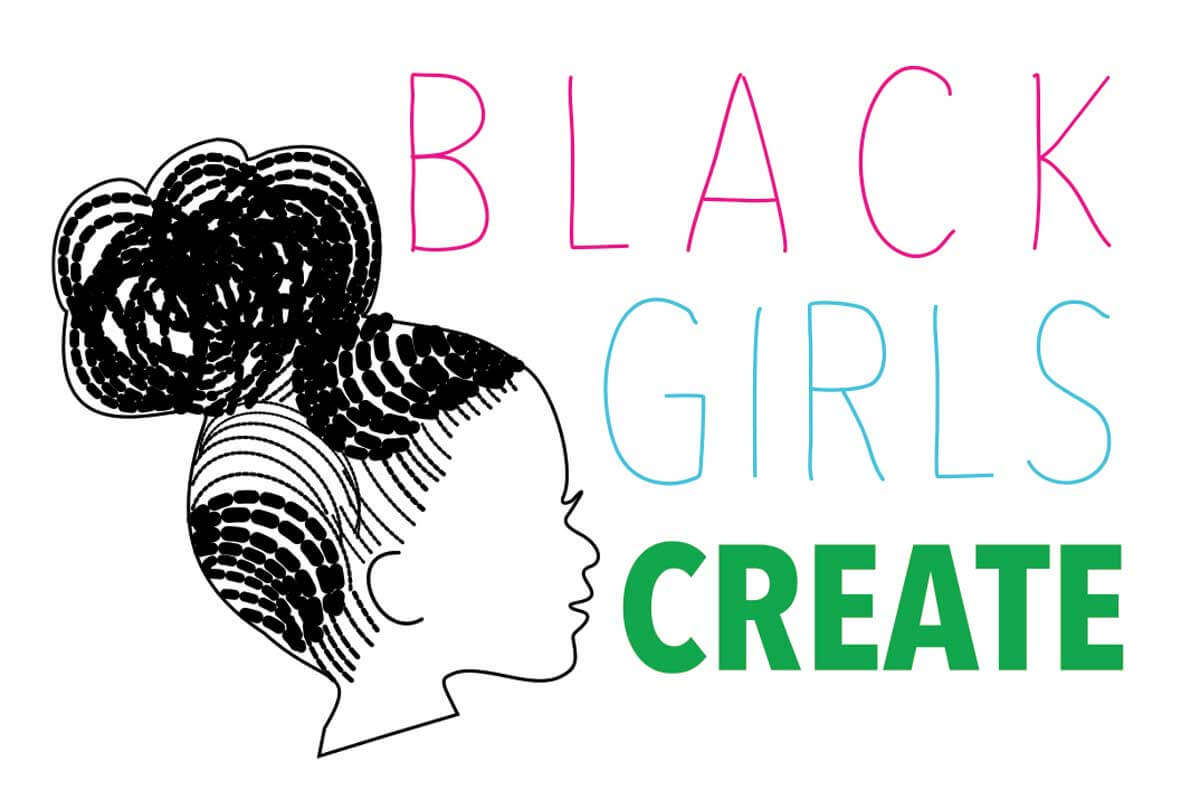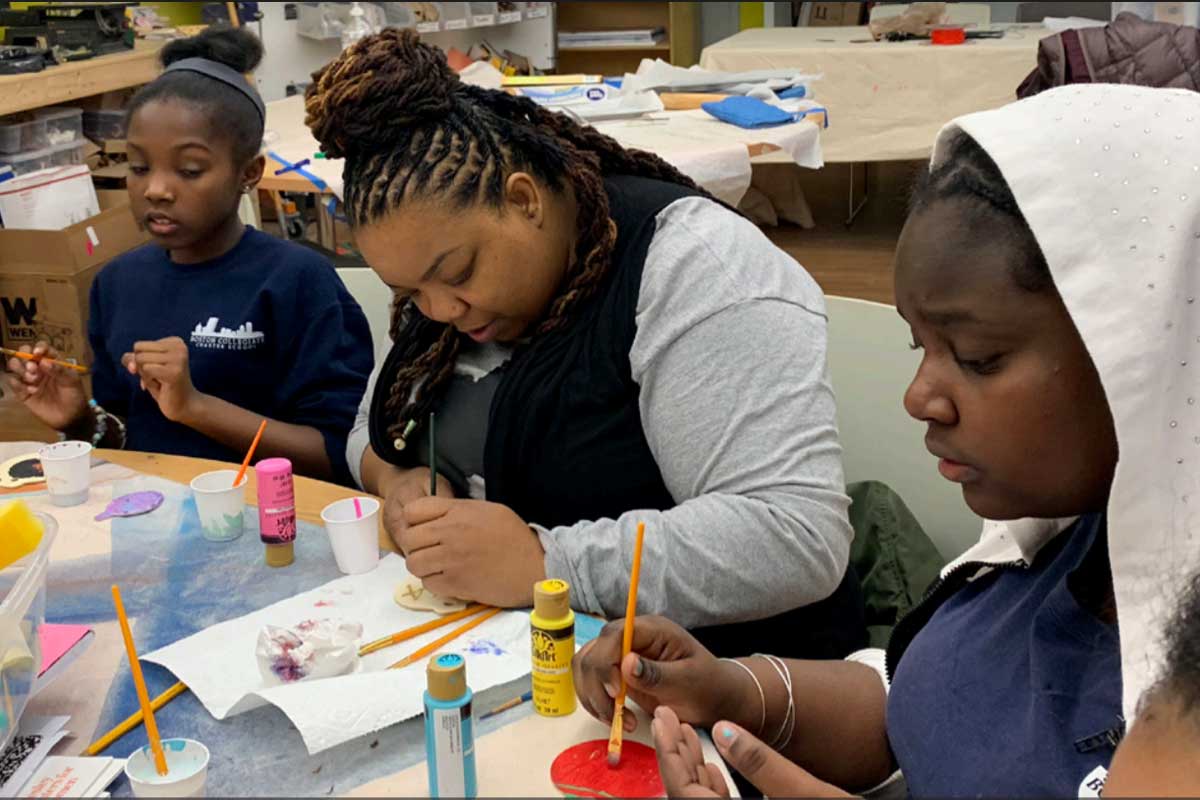
LaShawnda Lindsay
Research Scientist
- Ph.D., Georgia State University
- llindsay@wellesley[dot]edu
- Projects: Black Girls Create
A voice for the muted, an advocate for the overlooked, and a champion for the ignored, Lindsay has vigorously, and with deep devotion, accepted the call to enhance the well-being and lives of Black girls globally
LaShawnda Lindsay, Ph.D., was a research scientist at the Wellesley Centers for Women from 2016 to 2022 where she led the Black Girls and STEM Education Research Initiative. Her research shed light on the social determinants, racial injustices, and cultural biases that burden the progression and viability of Black girls and women. She founded and directed Black Girls Create, a culturally responsive STEM (science, technology, engineering, and math) program funded in part by the National Science Foundation that used digital fabrication projects to increase Black girls' interest and confidence in science and math. The project was built on the notion that informal learning spaces can provide Black girls with access to quality STEM activities that are often unavailable in their schools.
Lindsay also used her passion and creativity to enhance the wellbeing of Black girls and women by designing and creating her own line of jewelry and accessories, Ananse Design Essentials, LLC. Prior to joining WCW, she served as the interim chairperson and an associate professor of education at Paine College in Augusta, GA.
See LaShawnda Lindsay's Projects
M.Ed., Counselor Education, Clinical Mental Health Counseling, Augusta University, December 2015
Ph.D., Educational Psychology, Georgia State University, May 2010
Graduate Certificate, Women’s Studies, Georgia State University, May 2009
M.Ed., Educational Psychology, Howard University, May 2003
B.S., Psychology, Morris Brown College, May 2001
Lindsay’s work has been funded by the National Science Foundation, Eastern Bank Charitable Foundation, and the Remmer Family Foundation, Inc.
Lindsay’s research has been published in academic journals such as Rejoinder Journal; Negro Educational Review; Journal of Black Studies; Black Women, Gender & Families; GATEways to Teacher Education; and the National Journal of Urban Education & Practice.




